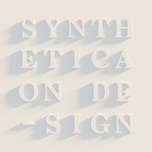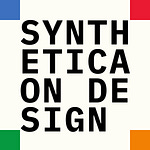This document examines the impact of word processing on human thought processes, drawing on philosophy, technology, and cultural history. It critiques the transformative effects of digital writing, particularly its influence on language, memory, and creativity. The study considers the shift from traditional writing methods to computerized environments, analyzing how software and hardware shape our cognitive abilities. Heim's exploration includes discussions of existentialism, Plato, and the nature of literacy, with examples from software programs. It suggests compensatory disciplines to offset potential losses in contemplative thought and mental privacy due to technology.Ultimately, the text calls for thoughtful engagement with the evolving relationship between humans and digital tools.
Please note that the podcast covers key points from the source with synthetic voices, which may have glitches. It’s a reflective, not comprehensive, interpretation.
Norris, Christopher, and Michael Heim. “Electric Language: A Philosophical Study of Word Processing.” Comparative Literature 41, no. 3 (1989): 270. https://doi.org/10.2307/1771110.







